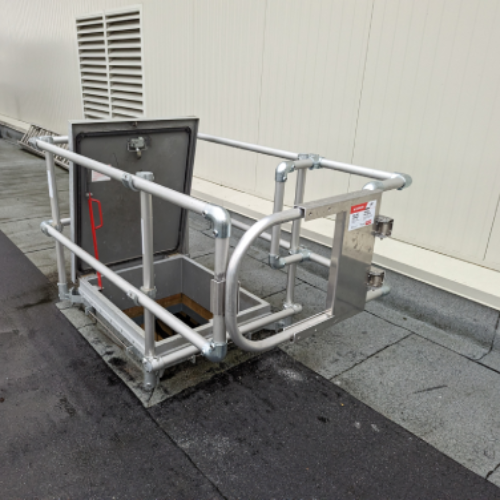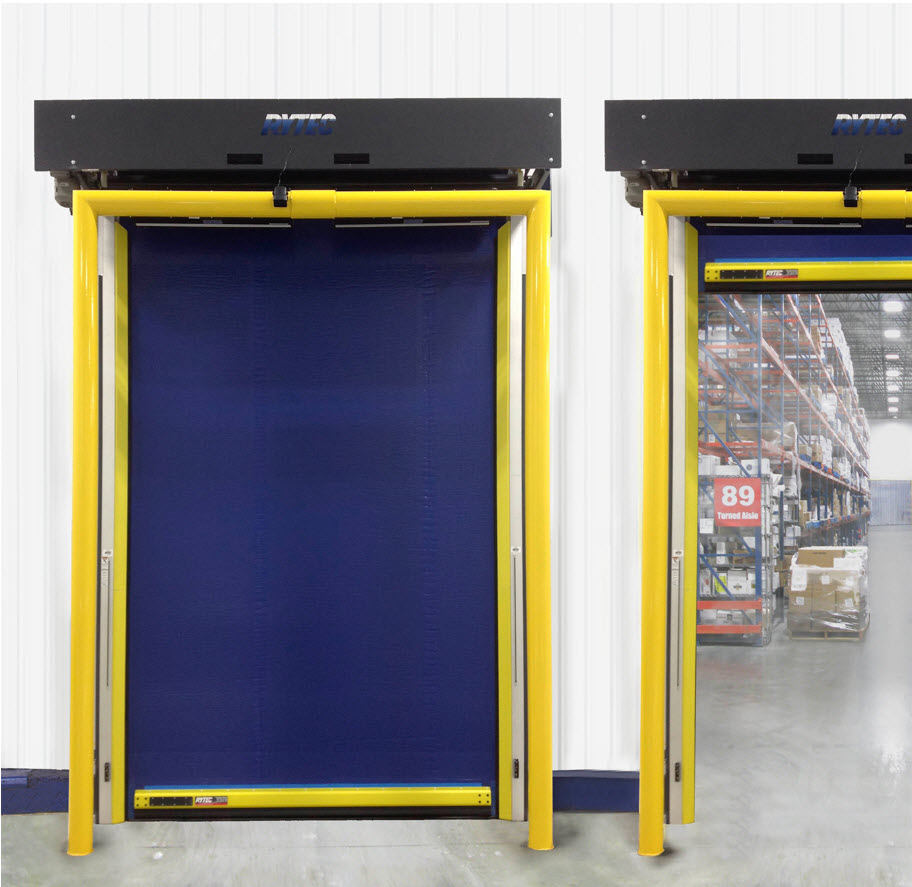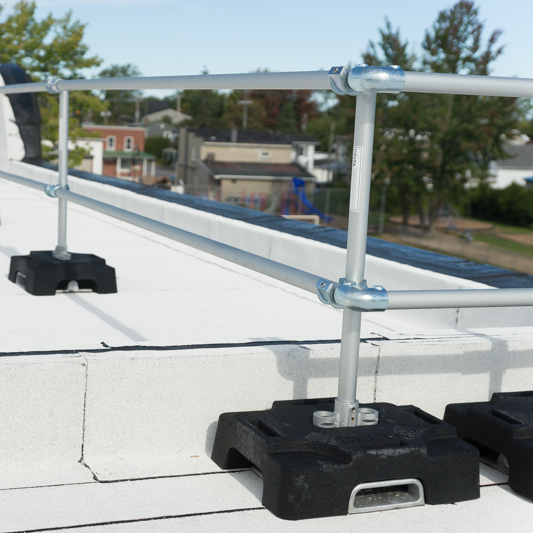Surveying the 2023 design/construction landscape

Commuting versus remote office
More than 80 per cent of respondents reported having the choice to work remotely or follow a hybrid working model. This flexibility played a crucial role in many respondents’ positive work-life balance, as it allowed them to disconnect from work or save commuting time. In fact, a significant number of participants attributed their contentment to the ability to work remotely.

“Our company works with our flexible schedules, allowing us to balance days that need more hours for deadlines with hours needed for personal responsibilities and life,” said one response.
Another stated, “Work from home and working with a laptop has made it flexible to get in personal hours. My employer strongly encourages not to exceed typical 40 hours per week for work/life balance.”
“I work from home; I can start later and work later. The pay is great, affords me many personal benefits including travel and disposable income,” said a third.
Although many are taking advantage of the benefits of being able to cut out the commute, it does not necessarily work for everyone.
“Commuting times and the intrusion of work into personal time due to “remote work” measures have eroded work-life balance to a degree and is difficult to reverse the impacts,” said one respondent.
Another stated, “Working from home may not always have an end of a workday/week.”







